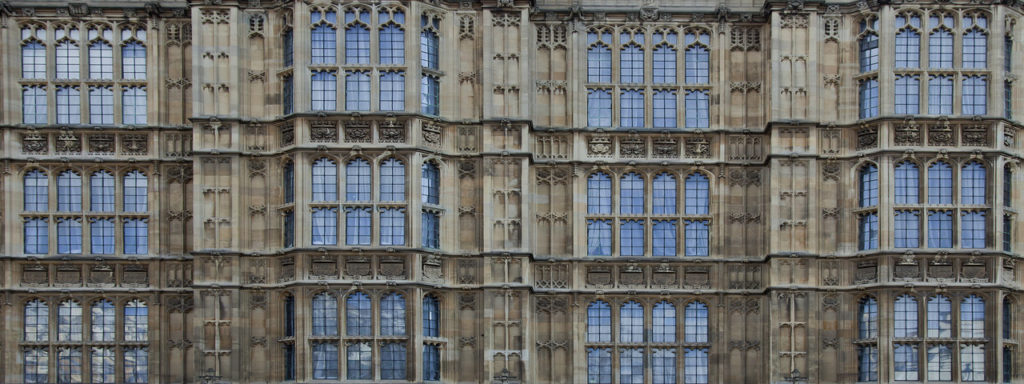Location
Venue:Church House Conference Centre, Westminster, London SW1P 3NZ
Address:
Annual IEA Hayek Memorial Lecture
Time:
- 05/07/2011
17:30
Fiscal-stimulus packages have been a common response to the recent financial crisis/recession. However, the effects tend to be only modestly beneficial in the short run and harmful in the medium and long run. Looking ahead, the major economic concerns involve crises of governments rather than of private financial institutions or markets.
Lecture and Q&A (6:30pm for) 6:45pm-8:15pm, Reception 8:15pm-9:00pm
Robert J. Barro is Paul M. Warburg Professor of Economics at Harvard University, a senior fellow of the Hoover Institution of Stanford University, and a research associate of the National Bureau of Economic Research. He has a Ph.D. in economics from Harvard University and a B.S. in physics from Caltech. Barro is co-editor of Harvard’s Quarterly Journal of Economics and was recently President of the Western Economic Association and Vice President of the American Economic Association. He is honorary dean of the China Economics & Management Academy, Central University of Beijing. He was a viewpoint columnist for Business Week from 1998 to 2006 and a contributing editor of The Wall Street Journal from 1991 to 1998. He has written extensively on macroeconomics and economic growth. Noteworthy research includes empirical determinants of economic growth, economic effects of public debt and budget deficits, and the formation of monetary policy. Recent books include Macroeconomics: A Modern Approach from Thompson/Southwestern, Economic Growth (2nd edition, written with Xavier Sala-i-Martin), Nothing Is Sacred: Economic Ideas for the New Millennium, Determinants of Economic Growth, and Getting It Right: Markets and Choices in a Free Society, all from MIT Press. Current research focuses on two very different topics: the interplay between religion and political economy and the impact of rare disasters on asset markets.
Location
Venue:Church House Conference Centre, Westminster, London SW1P 3NZ
Address:

